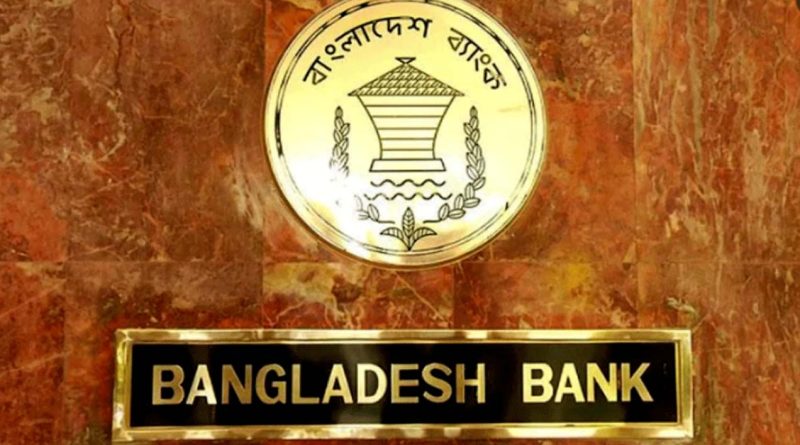Bangladesh Bank has issued a comprehensive master circular on outward remittances, combining all existing rules and regulatory instructions into a single, unified document in an effort to streamline compliance and improve efficiency in foreign exchange transactions.
Released on September 30, the new circular will remain effective for one year from the date of issuance. It covers a broad range of remittance-related areas — including travel, private transfers, profit and dividend repatriation, institutional remittances, export claims, remittances tied to insurance and reinsurance, payments through international cards, and the use of card platforms for cross-border payments.
However, the guidelines exclude provisions related to import payments and transport service remittances, which will continue to follow existing regulations.
According to the central bank, the new circular is designed to eliminate procedural ambiguities and enhance operational efficiency for banks and remitters. Officials said the consolidation aligns with the regulator’s broader goal of modernising the foreign exchange regime and ensuring a more transparent, technology-friendly system.
Industry insiders and authorised dealer banks have welcomed the move, calling it a “timely and necessary step” toward clarity and ease of compliance. “It will make the remittance process more predictable for both individuals and institutions,” said a senior treasury executive at a leading commercial bank.
The circular also integrates updated guidance on digital payment systems, reflecting global trends in cross-border finance. Payments via international cards and digital platforms are now more clearly defined, reducing the scope for interpretation disputes among banks and customers.
Bankers say this clarity will encourage smoother transactions, particularly for overseas education fees, medical expenses, and small-scale international business payments — areas that often face procedural bottlenecks.
The initiative follows similar master circulars previously issued on exports, import payments, loans, and guarantees, which helped unify and simplify the regulatory framework for banks and exporters.
Stakeholders are now urging Bangladesh Bank to take the next step by releasing consolidated circulars on transport services and foreign direct investment (FDI), both inward and outward. They argue that a holistic, consolidated regulatory approach would improve ease of doing business, attract foreign investors, and further digitise the country’s financial infrastructure.
Analysts view the circular as part of Bangladesh Bank’s wider efforts to create a modern, trade-friendly ecosystem, where policy measures are clearly structured and regularly updated. With foreign exchange transactions playing an increasingly vital role in the economy, the move is seen as a significant stride toward regulatory efficiency and investor confidence.






